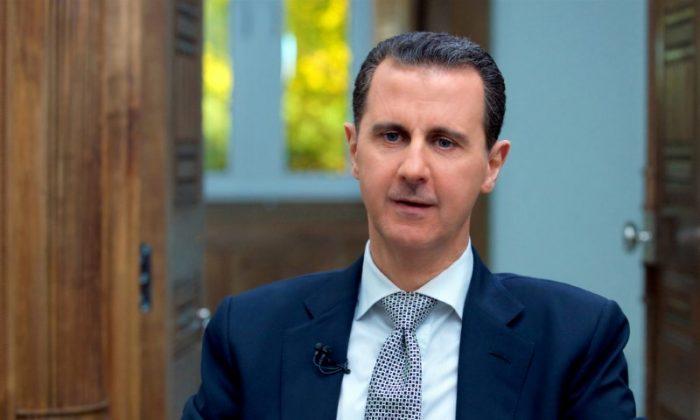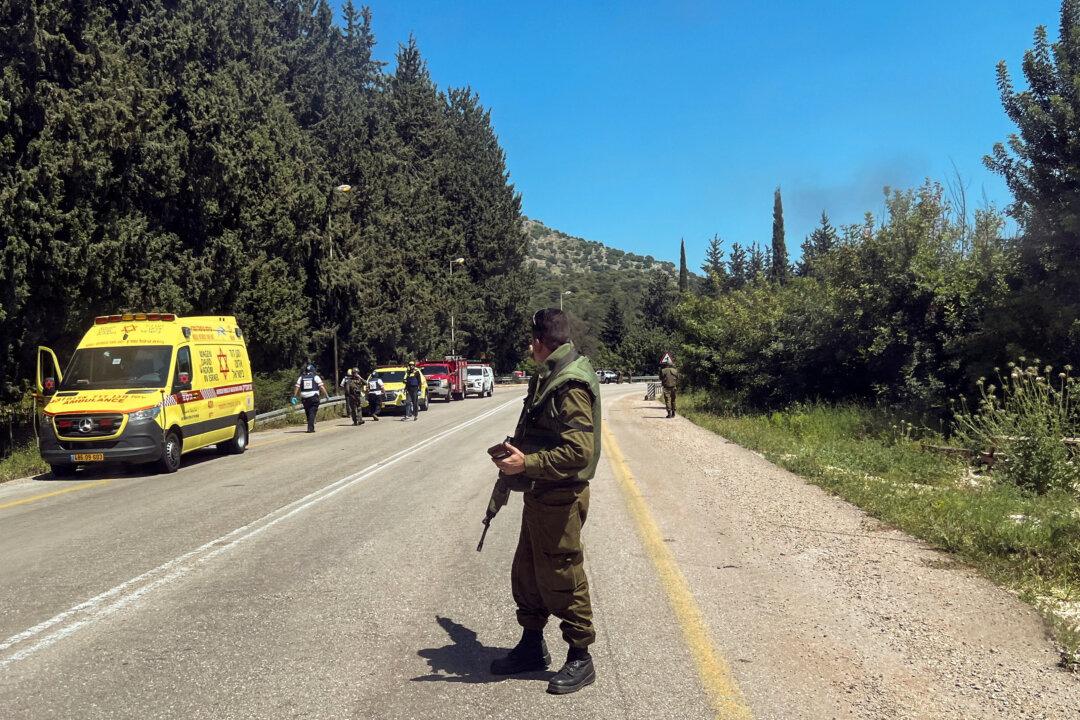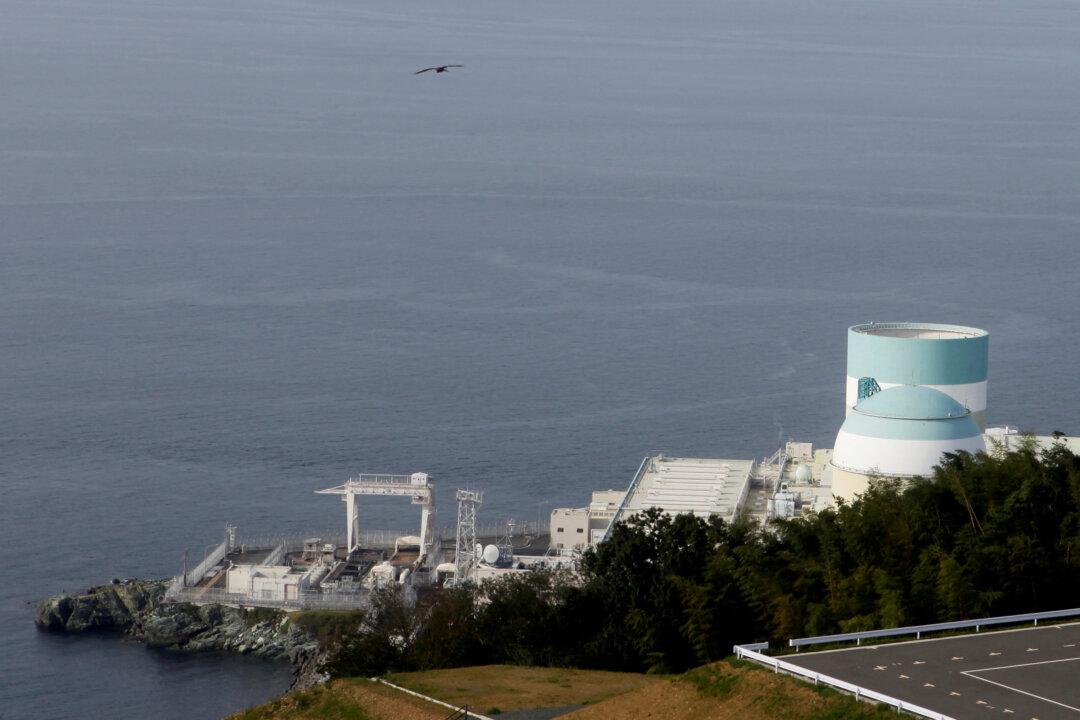WASHINGTON—The United States has evidence the regime of Syrian President Bashar al-Assad has built a crematorium at a large military prison outside the capital Damascus, a State Department official said on Monday.
Stuart Jones, the acting assistant secretary for Near Eastern Affairs, said U.S. officials believe the crematorium would be used to dispose of bodies at a prison, where they believe Assad’s government authorized the mass hangings of thousands of inmates during Syria’s 6-year-old civil war.
“Credible sources have believed that many of the bodies have been disposed in mass graves,” Jones told reporters at a briefing.
“We now believe that the Syrian regime has installed a crematorium in the Sednaya prison complex which could dispose of detainees’ remains with little evidence,” he said.
The United States believes the crematorium would be used to cover up mass murders at the prison and will present the evidence to the international community, Jones said.
Amnesty International reported in February that an average of 20 to 50 people were hanged each week at the Sednaya military prison north of Damascus. Between 5,000 and 13,000 people were executed at Sednaya in the four years since a popular uprising descended into war, it said.
Jones also was not optimistic about a deal to set up “de-escalation zones” inside Syria in an attempt to reduce violence and save lives. The deal was brokered by Russia with support from Iran and Turkey during ceasefire talks in the Kazakh capital of Astana last week.
“In light of the failures of the past ceasefire agreements, we have reason to be skeptical,” Jones said. “The (Assad) regime must stop all attacks on civilian and opposition forces. And Russia must bear responsibility to ensure regime compliance.






Friends Read Free